
Brokoslaw Laschowski
@drlaschowski
Computational Neuroscientist. Studying the brain and building artificial intelligence #CompNeuro Assistant Professor @UofT and Research Scientist @TorontoRehab
ID: 820342590
https://kite-uhn.com/scientist/brokoslaw-laschowski 12-09-2012 21:02:27
1,1K Tweet
1,1K Followers
186 Following

Our director Brokoslaw Laschowski sat down with University of Toronto neuroscience students to discuss brain science, AI, and machine learning youtube.com/watch?v=f3wJil… University Health Network U of T Department of Computer Science Vector Institute

It was an honour to give the grand rounds talk this morning at the Department of Surgery CHU Sainte-Justine Université de Montréal. Thank you for the invitation. #neuroAI #compneuro


Ontario Brain Institute ICES Alzheimer Society of Ontario If you’re interested in building neural network models to reverse-engineer the underlying computational mechanisms of Alzheimer's or other brain diseases, please reach out. We’re recruiting! #neuroAI #compneuro University of Toronto University Health Network

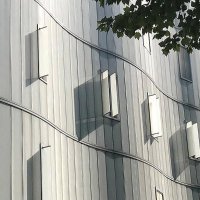
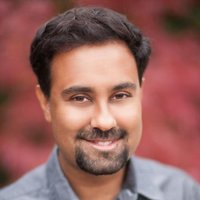
Teaching a new course Stanford University this quarter on explainable AI, motivated by neuroscience. I have curated a paper list 4 pages long (link in comment). What are your favorite papers on explainable AI/mechanistic interpretability that I am missing? Please comment or DM. thanks!

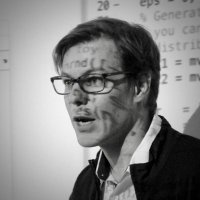

Recent discussions (e.g. Richard Sutton on Dwarkesh Patel’s podcast) have highlighted why animals are a better target for intelligence — and why scaling alone isn’t enough. In my recent CMU Robotics Institute seminar talk, “Using Embodied Agents to Reverse-Engineer Natural Intelligence”,
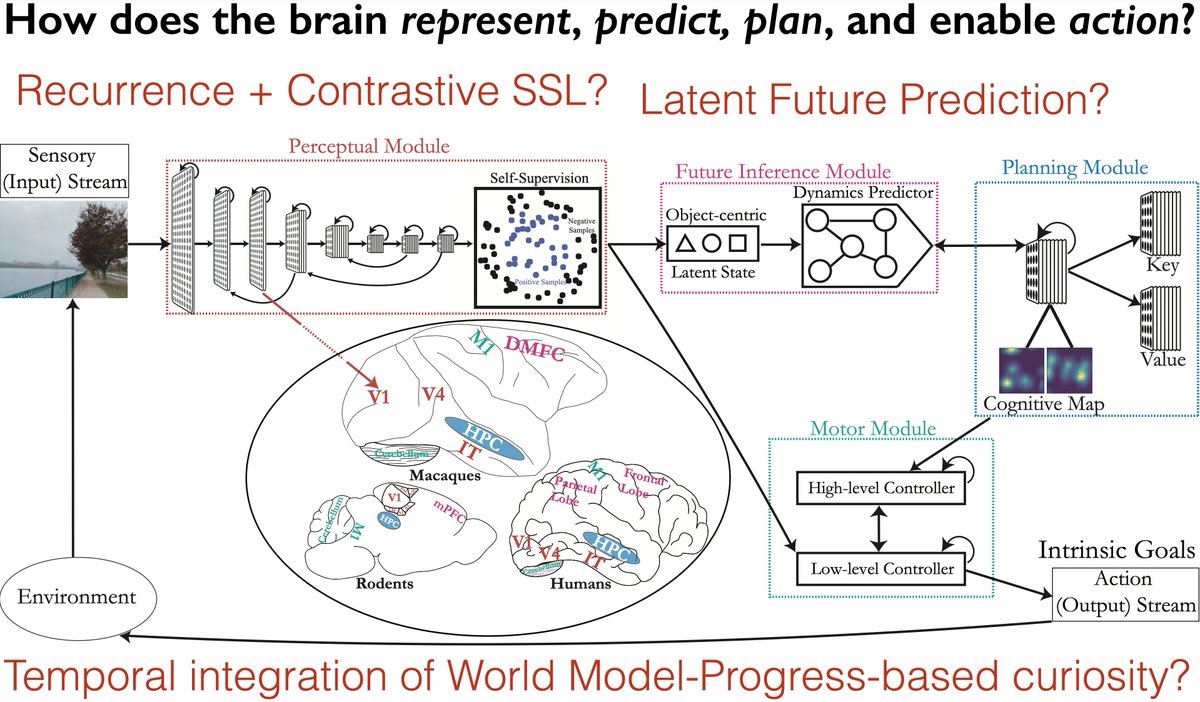

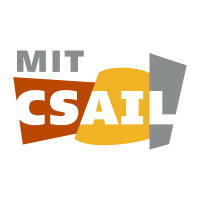

Agree. The brain isn’t tabula rasa. Evolution has encoded strong inductive priors in our neural architectures and plasticity rules, providing structured initialization that enables efficient reinforcement learning and optimization. #neuroAI #compneuro @Karpathy Richard Sutton
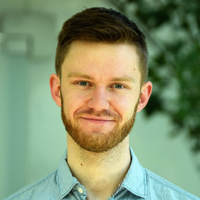
I've been arguing that #NeuroAI should model the brain in health *and* in disease -- very excited to share a first step in this direction from Melika Honarmand: inducing dyslexia in vision-language-models via targeted perturbations of visual-word-form units (analogous to human VWFA)


A nice application of our NeuroAI Turing Test! Check out Imran Thobani's thread for more details on comparing brains to machines!
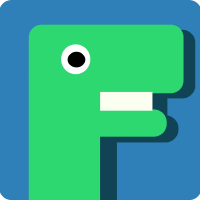

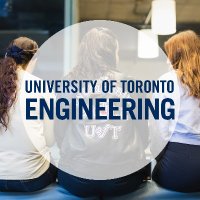
🧠 Imagine being able to control machines by thinking. Brokoslaw Laschowski (MIE) and his Computational Neuroscience Lab are working to make it possible. They've developed a new algorithm that could make brain decoding more accurate and efficient. Read more: uofteng.ca/25h7c8



A couple of months ago Kording Lab 🦖 trolled (in the best possible sense of that term) my happy-go-lucky Wu Tsai Neurosciences Institute podcast on Brain simulations. Actually he had some interesting points.... We decided to have an in-depth "podcast" about it, for your listening pleasure:



